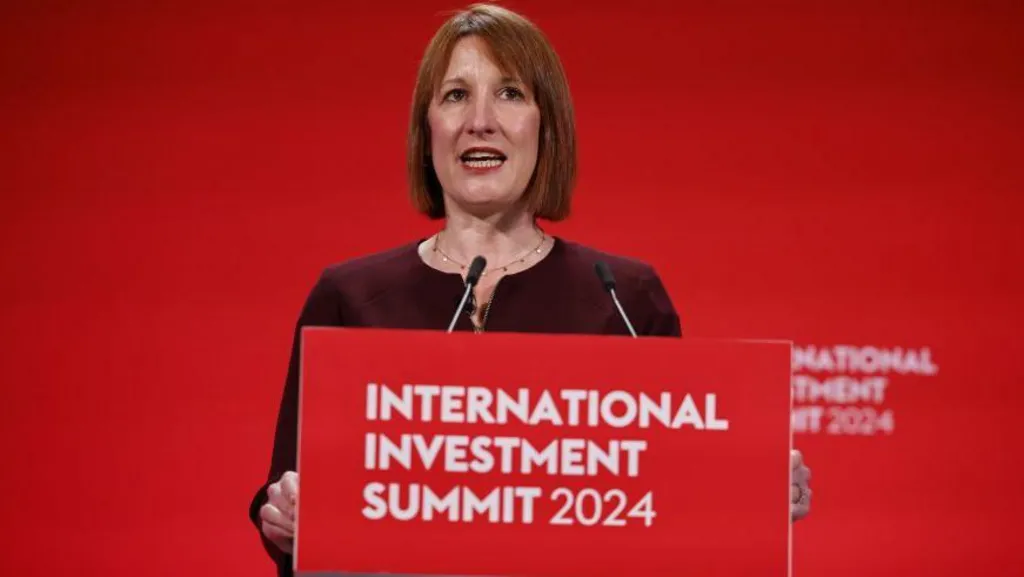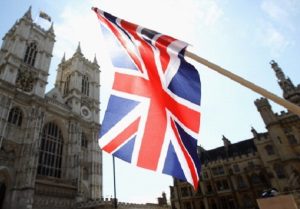
Chancellor Rachel Reeves has indicated that an increase in National Insurance for businesses may be on the horizon, coinciding with the government’s announcement of securing billions in overseas investment. During a recent international investment summit, it was revealed that £63 billion of private funding for UK projects had been committed, although many of these announcements had been made previously.
Reeves clarified that Labour’s election promise not to raise National Insurance pertains specifically to employee contributions, leaving the door open for potential hikes on employer contributions. As businesses brace for the upcoming Budget announcement on October 30, speculation about tax changes is rampant, especially regarding National Insurance rates for employers.
Reeves described the forthcoming Budget as “tough,” emphasizing that while challenging decisions are necessary, they aim to provide long-term certainty for businesses regarding taxation. Although the government has ruled out increasing VAT, National Insurance, or income tax, concerns remain about possible increases in employer National Insurance rates.
Additionally, Reeves reiterated her commitment to not imposing tax hikes on “working people.” However, she only guaranteed a cap on corporation tax at 25% for the next five years, leaving room for speculation about adjustments to other taxes, including Capital Gains Tax. Prime Minister Sir Keir Starmer has downplayed reports of a potential rise in Capital Gains Tax, asserting that claims of rates reaching 39% are exaggerated.
In her remarks, Reeves suggested that the government might revise borrowing rules to facilitate increased spending on major projects. “We do want to free up investment in long-term responsible projects to unlock private investment in our economy,” she stated.
New Investment Commitments
The recent investment summit also showcased several significant pledges from companies:
- £1.1 billion investment by Manchester Airports Group to expand Stansted Airport’s terminal, expected to create over 5,000 jobs.
- £279 million from US pharmaceutical company Eli Lilly, aimed at addressing pressing health issues such as obesity.
- £20 billion commitment from Australian firm Macquarie over the next five years for various infrastructure projects, including an electric car charging network.
- £1 billion from DP World to develop London Gateway into the UK’s largest container port within five years, a project that faced uncertainty after recent controversies involving its subsidiary P&O Ferries.
Separately, Sir Keir Starmer defended government plans to enhance workers’ rights, framing these changes as “pro-growth.” He pledged to eliminate regulations that impede investment and to direct regulators to prioritize economic growth. Proposed changes in the Employment Rights Bill include allowing employees to receive sick pay from their first day of illness and enabling immediate claims for unpaid parental leave.
Although these measures will take two years to implement fully, some business leaders express concerns about their practicality and impact on hiring practices. However, Starmer maintained that improving job security would ultimately benefit economic growth.
Critics of the proposed changes, like former Tory donor John Caudwell, founder of Phones 4U, have voiced reservations. He referred to the potential increase in workers’ rights as a burden on businesses, though he acknowledged that firms might accept these challenges if they contribute to broader economic growth.
Starmer also emphasized the need to eliminate bureaucratic hurdles that obstruct investment in the UK. Eric Schmidt, former CEO of Google, highlighted that regulatory delays are detrimental to business, advocating for a more streamlined approval process.
Amanda Blanc, CEO of insurance giant Aviva, underscored the importance of simplifying planning procedures, pointing out that lengthy planning permissions can stall projects despite available funding.
David Ricks, head of Eli Lilly, noted that the UK must adopt a distinct approach to attract multinational companies, especially following its departure from the EU.
Interestingly, it was reported that Elon Musk was not invited to the investment summit. However, Technology Secretary Peter Kyle expressed that Musk would have been welcome, indicating the government’s eagerness to engage with prominent global investors.
As the UK navigates these economic challenges and potential tax adjustments, businesses remain vigilant, awaiting clarity on the government’s fiscal direction and its implications for future investments.







